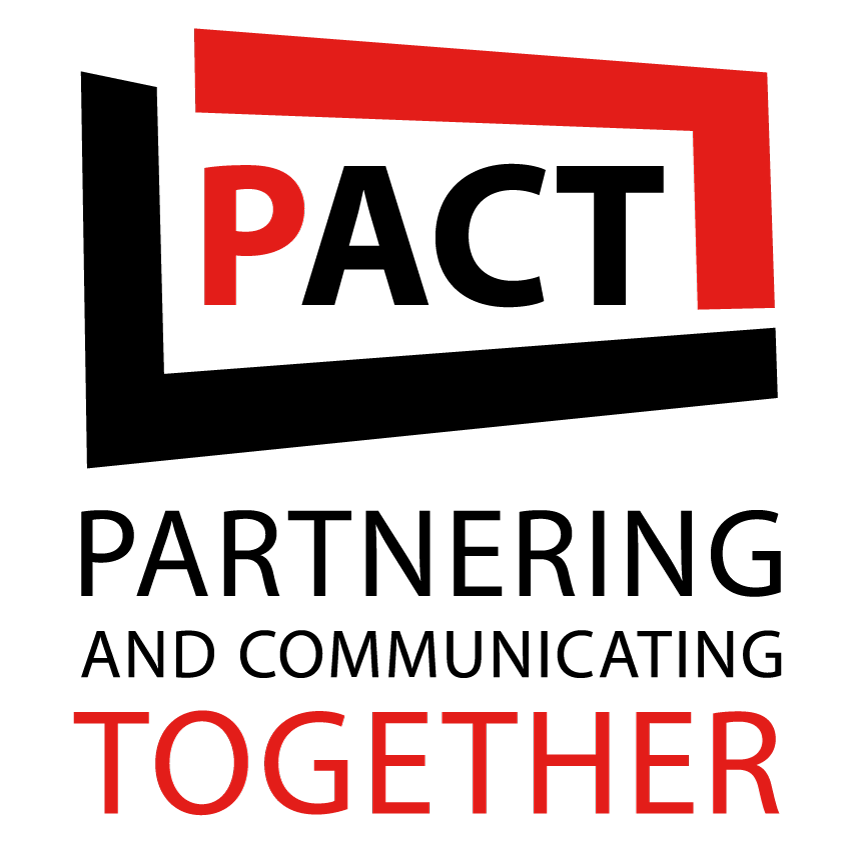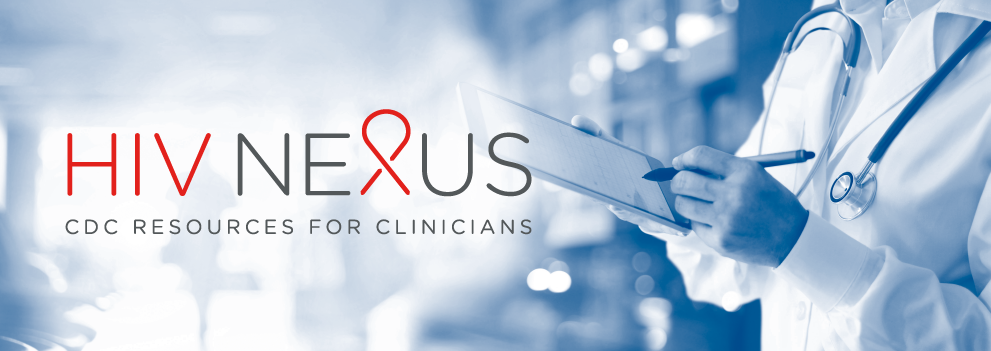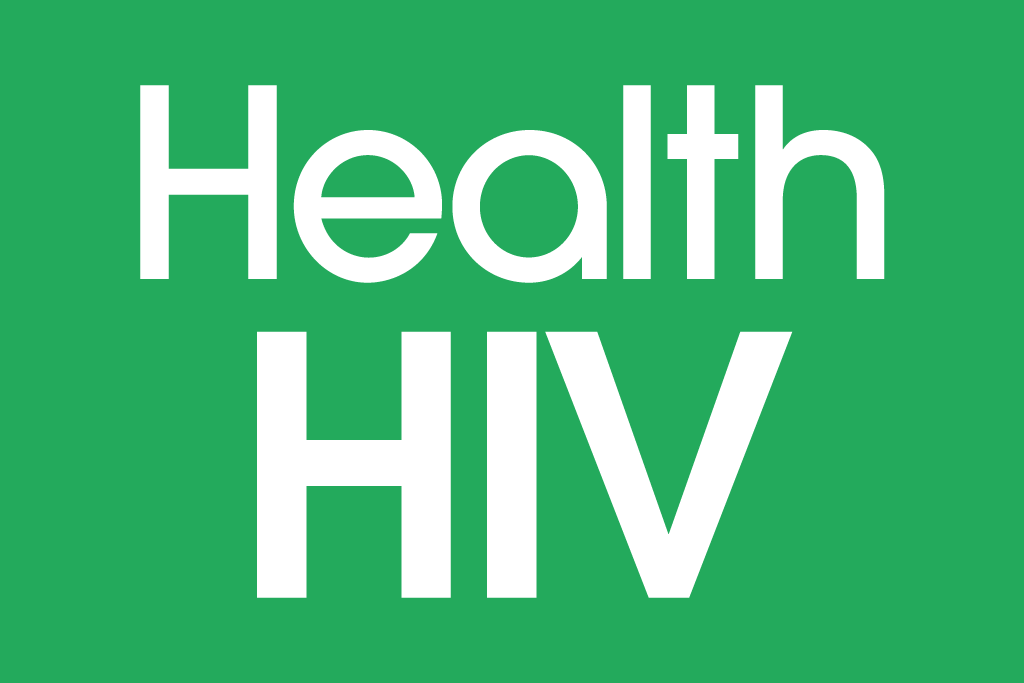Racial injustice and meaningful involvement of PLH
The racial justice & MIPA session will engage participants with interactive activities, discussions, and team building exercises. Upon completion participants will have a greater understanding of the intersectionality of HIV and racial injustice. In addition, participants will be able to gain important tips towards operationalizing MIPA within their organizations. Learning Objects: Recall the importance of […]
Assessing organizational cultural responsiveness to engage clients
The LGBTQIA Inclusion session will engage participants with interactive activities, discussions, and team building exercises. Upon completion participants will have a greater understanding of LGBTQIA language, culture, and appropriate ways to engage community members. In addition, participants will be able to differentiate between gender identities, sexual orientation, and other cultural definitions. Learning Objects: Define the […]
Patient-centered care: Implementing harm reduction & motivational interviewing
Harm reduction is a range of public health policies designed to reduce the harmful consequences associated with various human behaviors, both legal and illegal. Harm reduction policies are used to manage behaviors such as recreational drug use and sexual activity in numerous settings that range in services. Motivational Interviewing is a person-centered, evidence-based, goal-oriented, strengths-based […]
U=U messaging
Prevention Access Campaign’s Undetectable = Untransmittable (U=U) is a growing global community of HIV advocates, activists, researchers, and over 970 Community Partners from 101 countries uniting to clarify and disseminate the revolutionary but largely unknown fact that people living with HIV who are on treatment and have an undetectable viral load cannot sexually transmit HIV. […]
Policy and HIV programs: Staying relevant to meet client needs
This workshop will provide participants with an overview of how current policies and legislation can affect the implementation and effectiveness of Early Intervention Services for HIV prevention and treatment. Participants will learn how policies can form “structural barriers” to care for clients, with the intention of developing strategies to help clients mitigate the impacts of […]
Sharing your success through narrative reporting
Narrative reporting is an essential component of the grant writing experience. Project officers often require this report quarterly and annually. Reporting honestly allows transparency throughout the duration of the grant. This presentation will review each component of narrative reporting and help participants to hone their respective skills in practice. Learning Objectives: Utilize the narrative […]
Rapid PrEP & ART in a status neutral world
Sometimes a major change is needed to spark new ideas and efforts. The promise of using PrEP and U=U in combination to end the HIV epidemic has inspired a paradigm shift in HIV programs, one that is already having an impact on HIV transmission in some places. New York City has pioneered an approach that […]
Hi-V program monitoring & evaluation
Regional early intervention services for HIV prevention and treatment continue to be a priority for the District and those who live, play and work in the eligible metropolitan area. While client needs may differ, prevention and treatment efforts across the care continuum must utilize a standardized approach. To improve access to and use of quality, […]
Building strategic partnerships that matter
Successful implementation of the REIS’ Hi-V model requires strong partnerships. No organization is everything to everyone. This session will look at your current partnerships as well as discuss how to develop new partnerships. We will look at how to enhance the effective working relationship between partners to ensure a win-win for all involved while achieving […]
Writing a work plan that works
The grant proposal process is often an extensive one that requires that the grant writer is able to complete several components. While grant applications often require a grant narrative – a tool that allows the writer to tell his or her organization’s story – some applications also require the inclusion of a work plan. The […]



